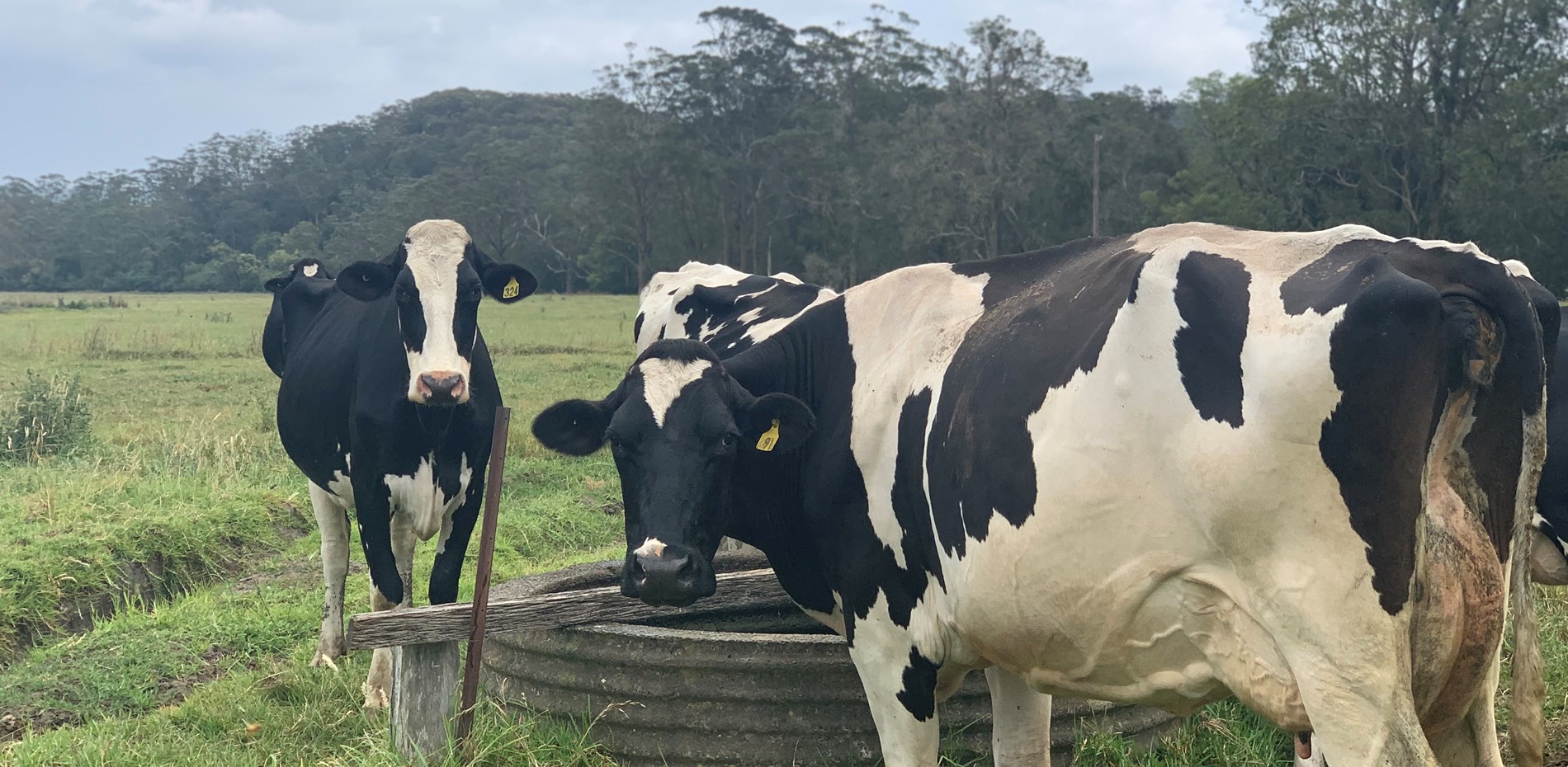Mrs PHILLIPS (Gilmore) (16:32): There can be no doubt whatsoever that foot-and-mouth disease is an extremely serious threat to our farming communities. I come from a dairy farming family. My kids still work on the family dairy farm. So it's not surprise that I take this threat seriously, and so do local farmers on the New South Wales south coast. It takes a lot to really rattle a farmer. They come from strong stock, and they see a lot in their day that makes them as tough as nails. But this disease is serious business. Farmer Tim called it a huge threat to Australian cattle industries. Farmer David raised the really important issue of the mental health impacts on local farmers. His words were, 'The cost will be off the scale.' He asked me to 'ensure that the failed Liberal status quo at immigration points doesn't continue'. Farmer Graham called it an industry-destroying disease. These are just some of the words from so many people contacting me who are concerned about this. And it's not just farmers who are at risk; it's butchers, it's everyone in that supply chain—and it could have serious implications for our economy.
So what has the Albanese government done to respond? Well, we have rolled out the biggest biosecurity package that Australia has ever seen to stop this industry destroying disease. We have worked quickly and we have gone hard. The Minister for Agriculture, Fisheries and Forestry is leading our response on this issue. The government is working with industry leaders. It is working with the experts to make sure we get the response right. The minister went to Indonesia to ensure collaboration with them and to help them respond. Stemming the spread outside of Australia will be hugely important to keeping our cattle safe.
Our $14 million package is working to do this, sharing expertise and providing technical support with Indonesia, Timor-Leste and Papua New Guinea to manage the overseas outbreaks. We've given Indonesia one million vaccines to support this vaccination program. At home, we are focusing our resources on the places of highest risk; additional staff at airports; more biosecurity detector dogs; and additional training for staff. We've rolled out sanitation foot mats at international airports and established biosecurity response zones, the first time that has ever been done under section 365 of the Biosecurity Act 2015.
Tightening border security has also seen stronger clearance requirements for all travellers, increased screenings for goods that might pose a risk, and the suspension of import permits for animal products that were of concern. We've tightened the screening of mail as well, with all mail incoming from China and Indonesia now being screened for meat products. Every passenger travelling from Indonesia is getting risk profiled. If they are deemed high risk, they will be subject to additional screenings and more intensive checks. We know that there is high concern about the disease getting into northern Australia in particular, so we are also monitoring cattle and livestock across the north with our biosecurity plan in place so we can react quickly if necessary.
Perhaps one of the most important actions we are taking is to have this conversation with all Australians. I know that all Australians want to do the right thing for our farmers, so we needed to have the conversations with them so that they understand why this is important, what they can do to help and how it makes a difference. We are seeing the fruits of that labour already. Biosecurity officers at our international airports are already reporting improved compliance from travellers, which is wonderful to see. Rates of undeclared risk items and undeclared contaminated footwear were down. I want to thank absolutely everyone who is doing the right thing; it really does make a huge difference, and we are so grateful to you for helping keep this disease at bay.
I know some people want to see our borders close, and this is something that the minister has said is not necessary at this stage. It's not what the experts say is needed. Groups like the National Farmers Federation, Australian Meat Industry Council, Victorian Farmers Federation, Meat and Livestock Australia, AgForce, Australian Livestock Exporters Council and the NT Cattlemen's Association also don't believe it will help either. We will keep working with industry and the experts to get the response right. Right now, Australia remains foot-and-mouth disease free, and we are working hard every day to keep it that way. I want to thank everyone working on this across the industry, in our airports and in our mail centres, as well as travellers, importers and everyone who is doing the right thing to protect our crucial agriculture industry. Let's keep it up. Keep working together to protect our beloved farmers.



